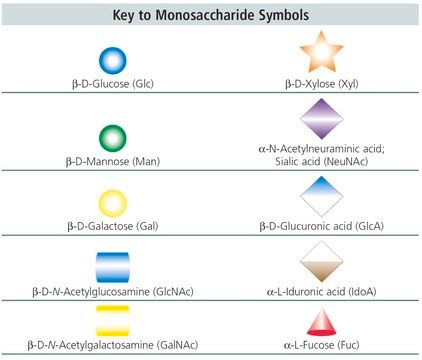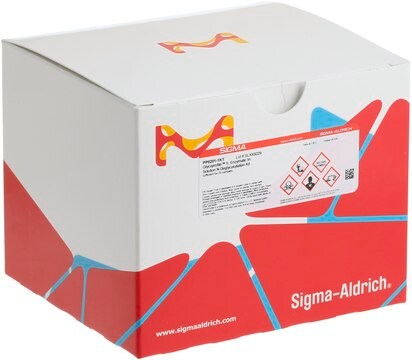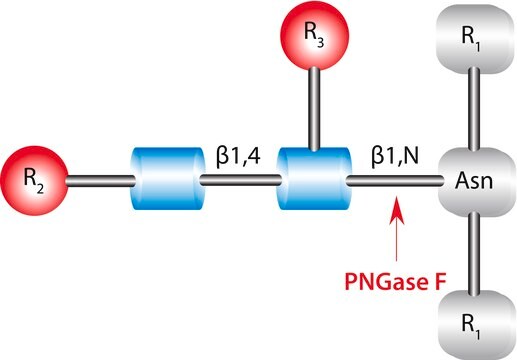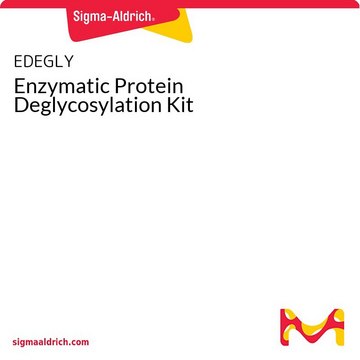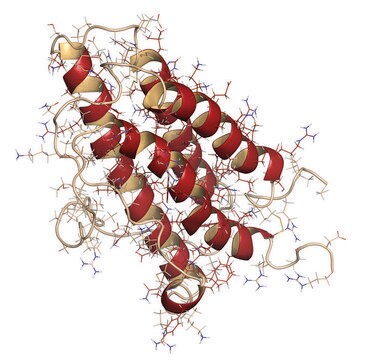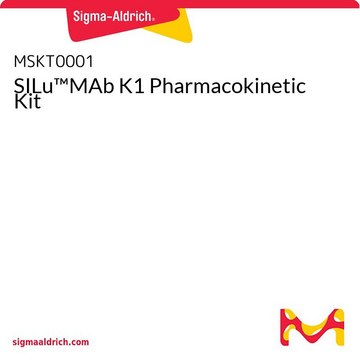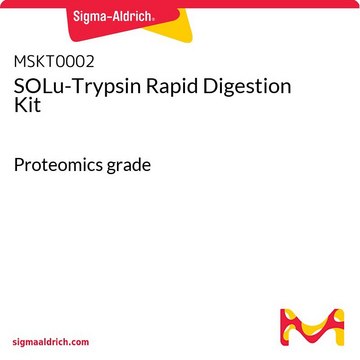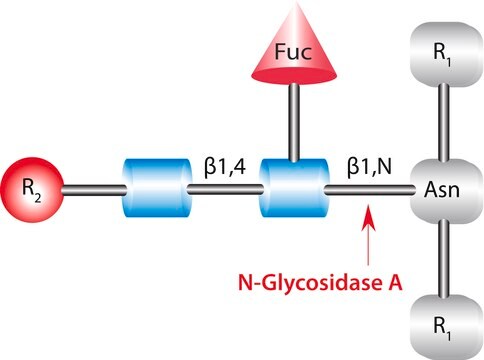EMS0001
PNGase Fast
recombinant, expressed in E. coli
Synonyme(s) :
N-Glycosidase F, PNGase F, Peptide N-glycosidase
About This Item
Produits recommandés
Produit recombinant
expressed in E. coli
Niveau de qualité
Conjugué
(N-linked)
Qualité
Proteomics Grade
Forme
ready-to-use solution
Conditions d'expédition
wet ice
Température de stockage
2-8°C
Catégories apparentées
Description générale
Application
Actions biochimiques/physiologiques
Code de la classe de stockage
10 - Combustible liquids
Faites votre choix parmi les versions les plus récentes :
Certificats d'analyse (COA)
Vous ne trouvez pas la bonne version ?
Si vous avez besoin d'une version particulière, vous pouvez rechercher un certificat spécifique par le numéro de lot.
Déjà en possession de ce produit ?
Retrouvez la documentation relative aux produits que vous avez récemment achetés dans la Bibliothèque de documents.
Les clients ont également consulté
Articles
The use of PNGase Fast denaturing buffer and enzyme yielded results similar to a conventional 20-hour protocol with overnight digest while reducing workflow time to about 1 hour with a 15-minute digest.
Step-by-step workflows for the intact mass analysis, peptide mapping, and N-glycan analysis of the monoclonal antibody― adalimumab, for an accurate characterization of the critical quality attributes (CQAs) to ensure drug safety and efficacy. Read more.
Explore various strategies for deglycosylating N-linked glycans involving PNGase F, PNGase A (Glycopeptidase A), and even native and sequential deglycosylation with endoglycosidases like Endoglycosidase H, Endoglycosidase F, and exoglycosidases.
Notre équipe de scientifiques dispose d'une expérience dans tous les secteurs de la recherche, notamment en sciences de la vie, science des matériaux, synthèse chimique, chromatographie, analyse et dans de nombreux autres domaines..
Contacter notre Service technique
